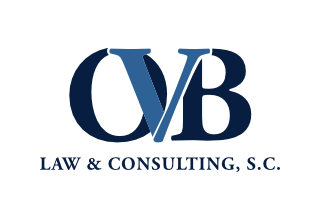A workplace injury happens every 7 seconds in America, and over 4.7 million people experience a work-related injury
per year. All these workplace injuries can result in some serious legal implications for both the employee and employer. For
instance, often when an employee is injured at work, matters such as worker’s compensation and medical work restrictions
can be at play, both of which may fall under state and federal laws governing worker’s compensation, disabilities, and
medical leave. Understanding when and what laws may be applicable is crucial to properly handling workplace injuries.
It tends to be commonly known that a work injury may lead to a worker’s compensation claim.
Worker’s compensation is essentially a method by which an injured employee can apply for compensation to cover the medical and
other costs associated with the injury. However, work injuries that occur due to an individual’s own negligence or because
of the use of illegal drugs or alcohol are not covered by worker’s compensation. Although it is federally mandated that every
state provides worker’s compensation insurance (with the exclusion of Texas), worker’s compensation is dealt with on a
state-by-state basis. As such, if you are an employee who suffered a work injury and are seeking help with worker’s
compensation, you should contact an attorney within your state to assist you. We at OVB Law & Consulting, S.C. do not
offer assistance with workers’ compensation claims, but we can guide you in the right direction for those who are better
suited to assist you. Where we can assist with workplace injuries is in navigating the employment discrimination laws which
may be triggered due to an employee’s injury.
Regardless of whether an injury occurred at work or outside of work, when an employee is injured, they might have
medical restrictions or otherwise need time off work while the injury heals which requires accommodation from work.
There are certain laws that govern workplace accommodation and medical leave, including the Americans with Disabilities
Act (a federal law protecting the rights of individuals with disabilities) and the Family and Medical Leave Act (a federal law
providing leave rights to employees when certain circumstances are met). Whether an employee is qualified to take leave
under the FMLA usually is clear cut, as depends on how long the employee has been employed with the particular employer.
Whether an employee with an injury falls under the ADA, however, tends to be subject to more of a grey area.
Under the ADA, a disability is a condition that “substantially limits” an individual’s major life activities. Typically, a
minor or temporary injury such as a sprained muscle or cut will not be considered a disability under the ADA. Whereas,
longer-lasting injuries such as spinal injuries or amputations will generally fall under the ADA. If an employee’s injury does
fall under the ADA, then the employer is required to provide “reasonable accommodations” to aid the employee in
continuing to perform their job duties.
What constitutes a “reasonable accommodation” tends to be a legal determination that depends greatly on the particular circumstances of the injury, the job position, the accommodations available, etc. Failure to provide a reasonable accommodation can have serious consequences for the employer as it could lead to civil claims against the employer for violating the ADA and otherwise discriminating against the employee on the basis of their disability. As such, it is extremely important that employers handle accommodation requests with extreme caution.
Whether you are an employer or an employee, navigating the requirements of disability and medical leave laws can be
a difficult task given that the appropriate response varies depending on the facts of each situation. Our team at OVB Law &
Consulting is uniquely skilled in being able to serve both the employer and employee needs in these types of cases. As such,
whether you are an employee looking for advice on responding to employee requests for accommodation or are an employee
looking for representation for potential violations of your rights, we are available and eager to assist.



